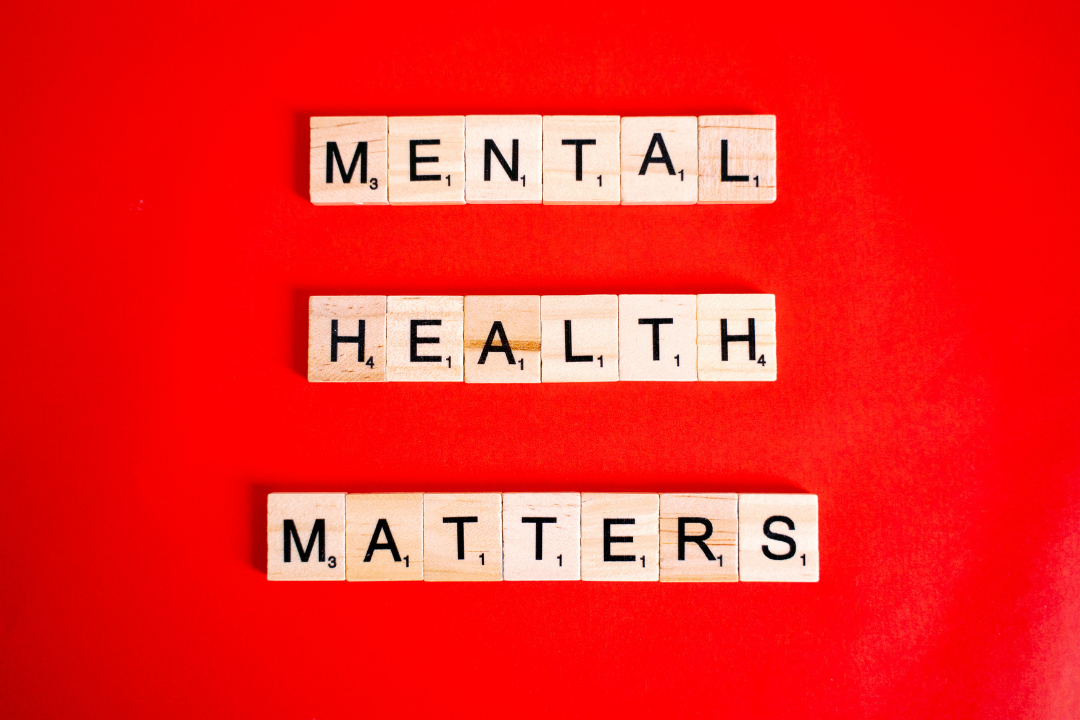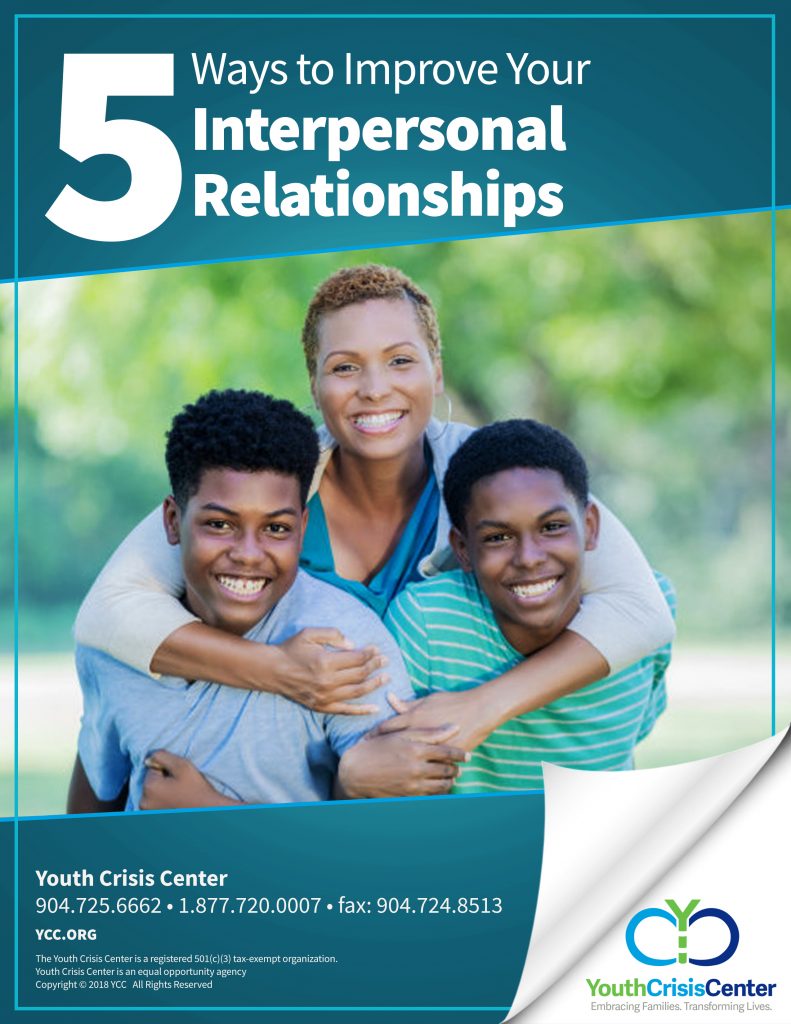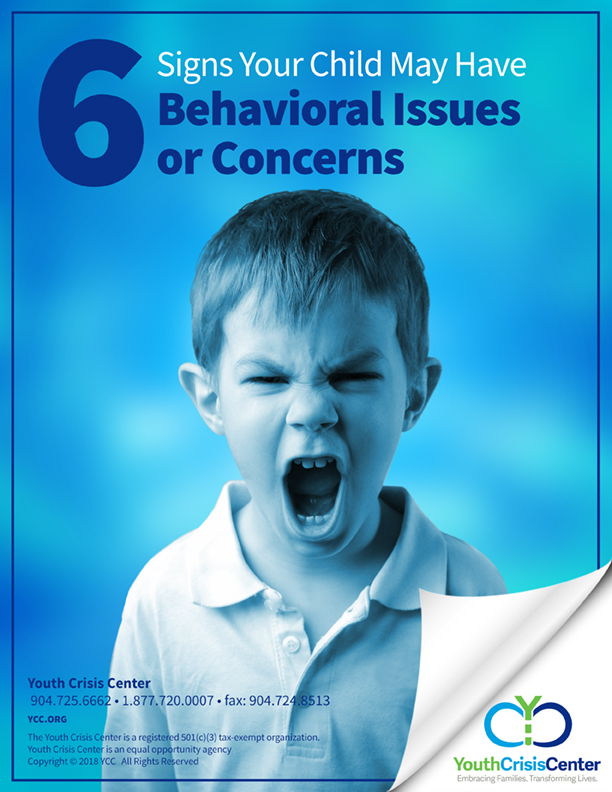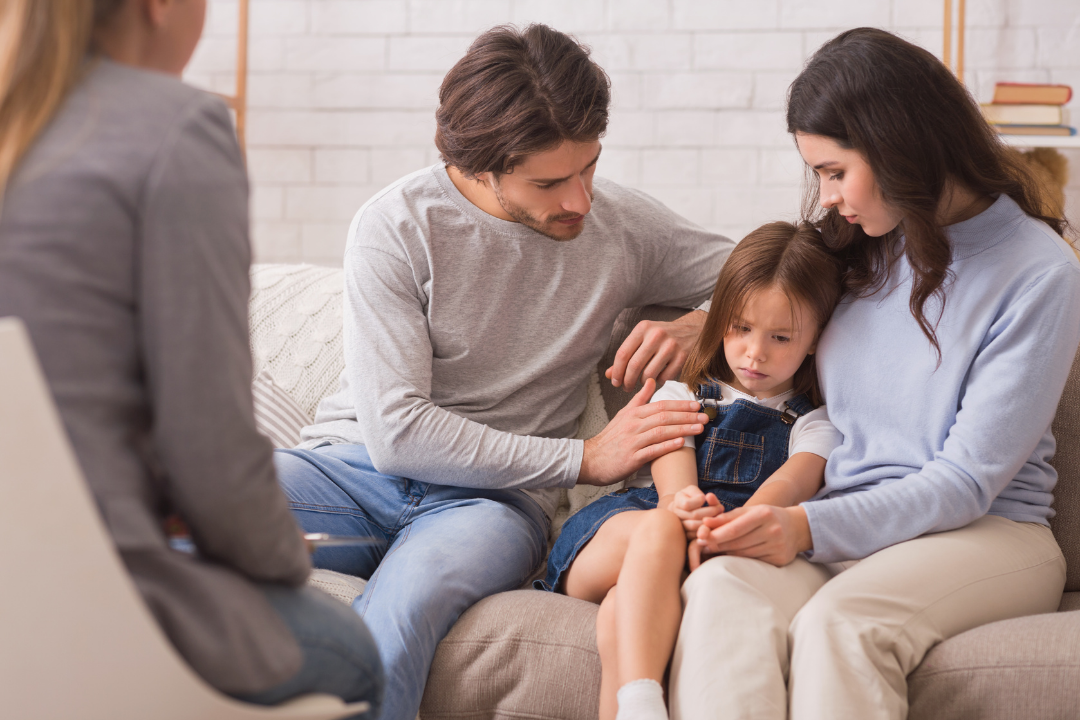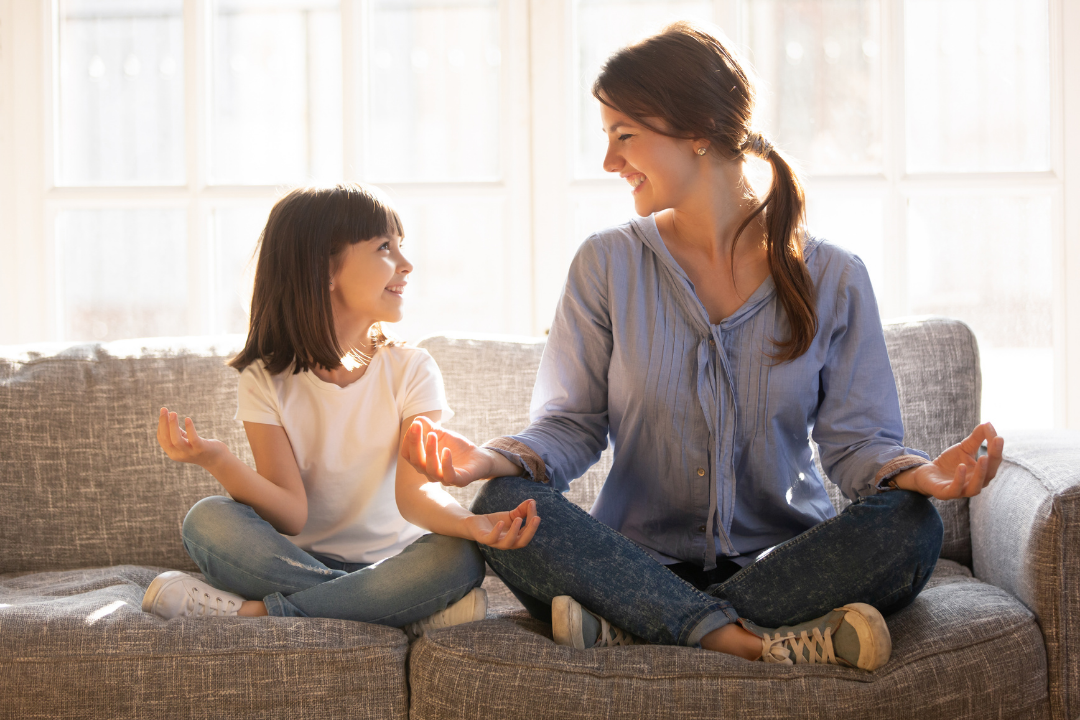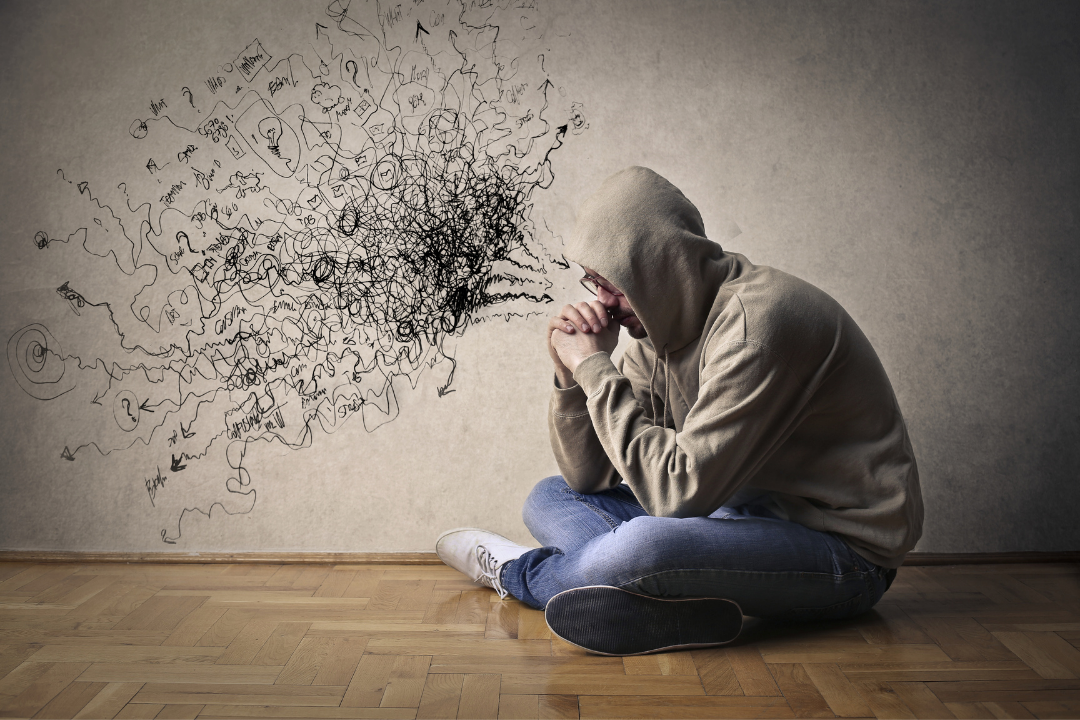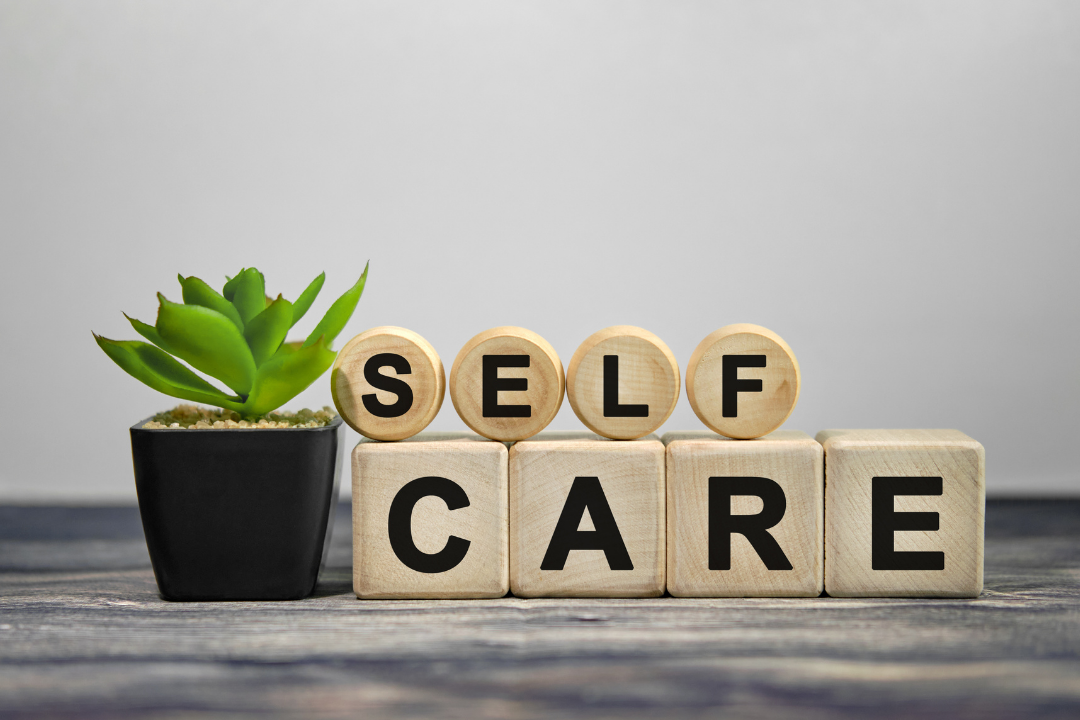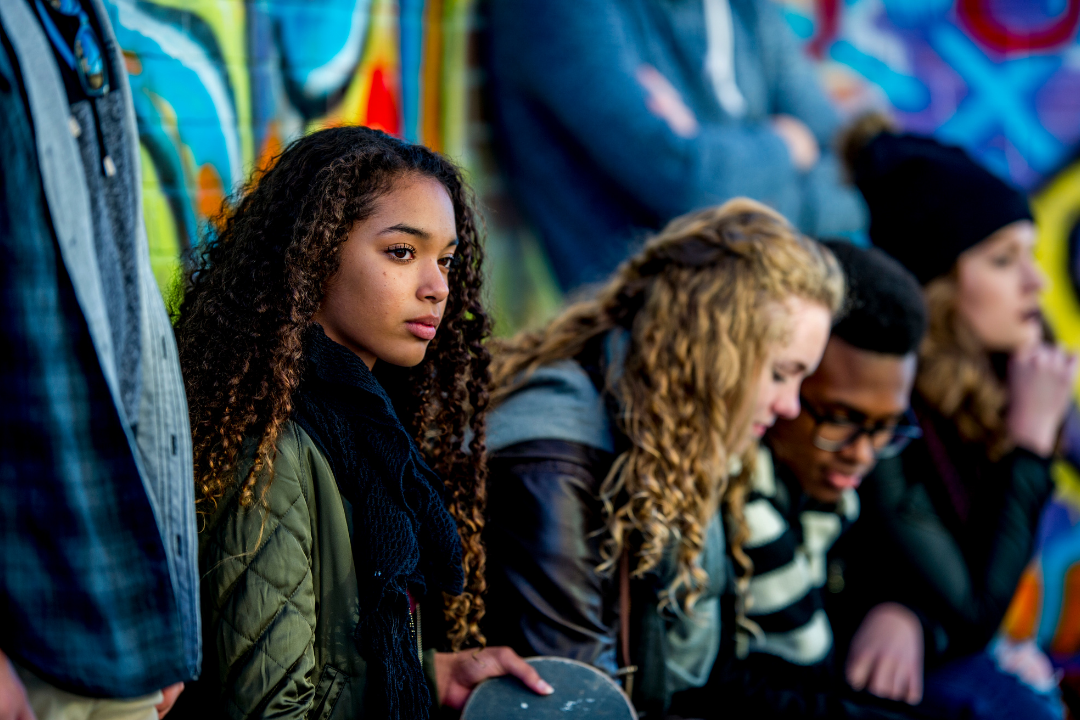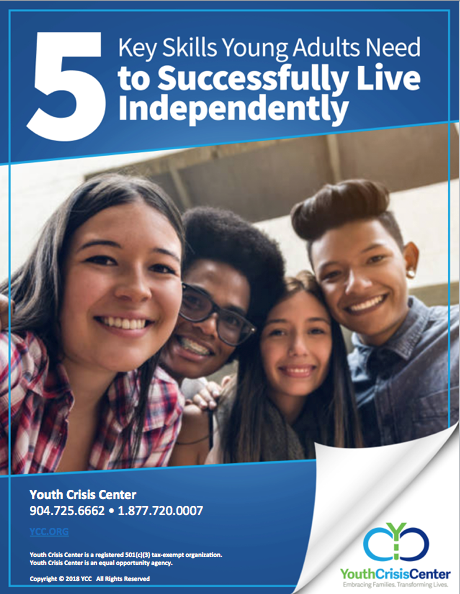Mindfulness is a subject addressed often at the Youth Crisis Center. Experts at YCC believe that mindfulness is having awareness of our physical, mental, and emotional condition without assigning judgement on ourselves. YCC wants to remind everyone that practicing mindfulness doesn’t cost anything. You will be able to practice anywhere as long as you have the time and space for it. This includes youth. Therapist at YCC encourages parents to find opportunities to talk about mindfulness with their children and how they used it today.
Getting Youth Involved
Young people should absolutely consider practicing mindfulness. Research shows that practicing mindfulness has been shown to improve attention and reduce stress. Practicing mindfulness could also improve your ability to regulate emotions and feel compassion along with empathy. Therapists at the Youth Crisis Center believe that learning how to gain and utilize self-awareness is such a valuable skill that will stick with children for the remainder of their lives. They believe self-awareness and healthy coping could have a positive impact on your mood, self-esteem, social interactions, your relationship with others, and your quality of life.
Therapists recommend practicing mindfulness as a family. They suggest it could be a great way to connect with one another. It is advised to introduce exercises when things are calm and your child is already in a good space. It is recommended you keep the time short, especially if your child is on the younger side. It’s best to let them set the pace and once they’re done…don’t push it.
For activities, you can start with a walk or breathing exercises with your child. Once you have completed that activity, you can shift your focus to the senses. You can talk about what you saw while on the walk, the sounds, and the smells.
Mindfulness as an Adult vs Youth
Children and adults face different challenges in today’s society, and therefore children and adults may practice mindfulness in varying ways and for varying reasons. An adult may use mindfulness techniques to help them be a better leader, to help them feel better about themselves and learn gratitude, or to help them be a more effective/empathetic/well rounded person in general. Youth could use mindfulness to help alleviate behavioral and emotion regulation problems in the classroom, or to assist in coping with depression or anxiety.
Mindfulness is a subject addressed often at the Youth Crisis Center. Experts at YCC believe that mindfulness is having awareness of our physical, mental, and emotional condition without assigning judgement on ourselves. YCC wants to remind everyone that practicing mindfulness doesn’t cost anything. You will be able to practice anywhere as long as you have the time and space for it. This includes youth. Therapist at YCC encourages parents to find opportunities to talk about mindfulness with their children and how they used it today.
Getting Youth Involved
Young people should absolutely consider practicing mindfulness. Research shows that practicing mindfulness has been shown to improve attention and reduce stress. Practicing mindfulness could also improve your ability to regulate emotions and feel compassion along with empathy. Therapists at the Youth Crisis Center believe that learning how to gain and utilize self-awareness is such a valuable skill that will stick with children for the remainder of their lives. They believe self-awareness and healthy coping could have a positive impact on your mood, self-esteem, social interactions, your relationship with others, and your quality of life.
Therapists recommend practicing mindfulness as a family. They suggest it could be a great way to connect with one another. It is advised to introduce exercises when things are calm and your child is already in a good space. It is recommended you keep the time short, especially if your child is on the younger side. It’s best to let them set the pace and once they’re done…don’t push it.
For activities, you can start with a walk or breathing exercises with your child. Once you have completed that activity, you can shift your focus to the senses. You can talk about what you saw while on the walk, the sounds, and the smells.
Mindfulness as an Adult vs Youth
Children and adults face different challenges in today’s society, and therefore children and adults may practice mindfulness in varying ways and for varying reasons. An adult may use mindfulness techniques to help them be a better leader, to help them feel better about themselves and learn gratitude, or to help them be a more effective/empathetic/well rounded person in general. Youth could use mindfulness to help alleviate behavioral and emotion regulation problems in the classroom, or to assist in coping with depression or anxiety.
About SNAP® at the Youth Crisis Center
YCC offers a program called SNAP®, which stands for STOP NOW AND PLAN. This is an evidence-based, cognitive-behavioral model powered by the minds at Child Development Institute (CDI). SNAP® can help children, ages 6-11, and their parents learn how to effectively manage their emotions and ‘keep problems small.’ We know that because small problems can quickly turn bigger or worsening problems if a child or their parent doesn’t have effective emotion regulation, self-control or problem-solving skills.

